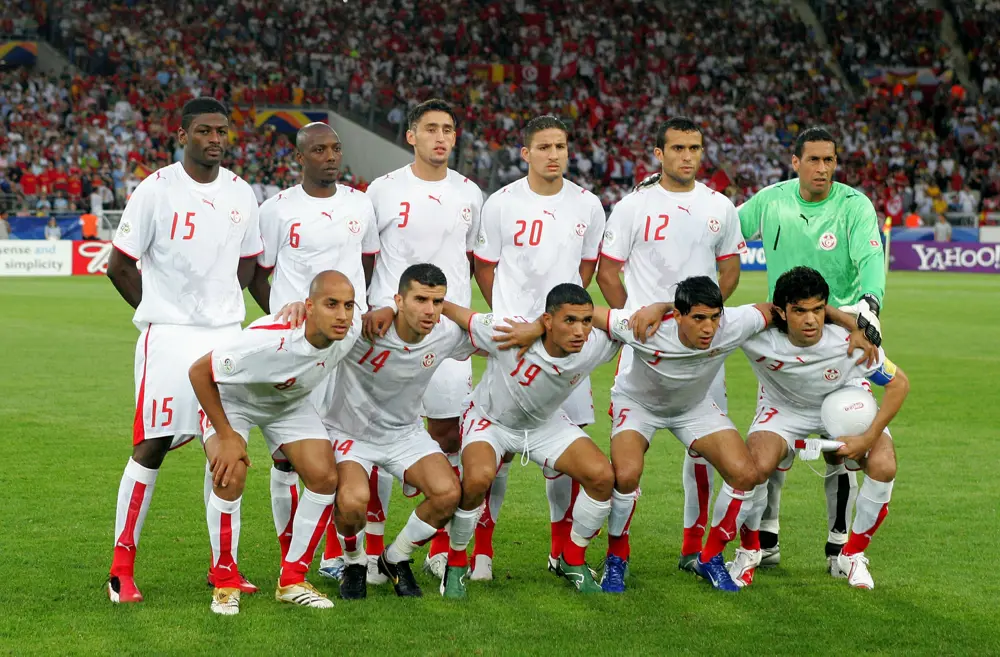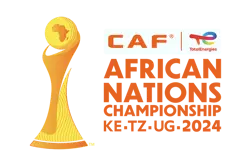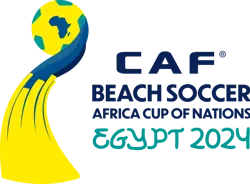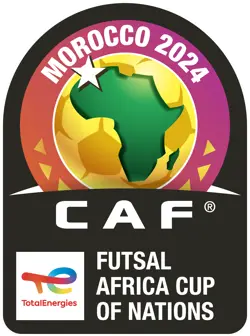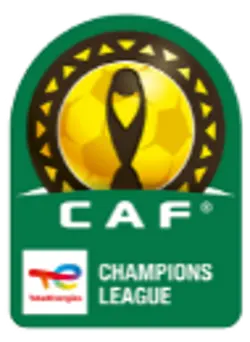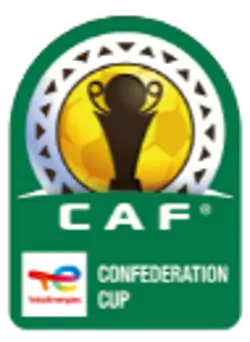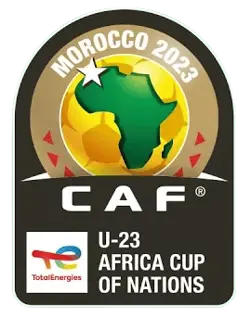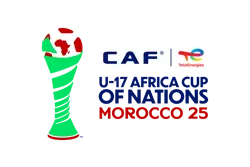TotalEnergies CAF AFCON Morocco 2025: Radhi Jaïdi - Representing Africa on the global stage
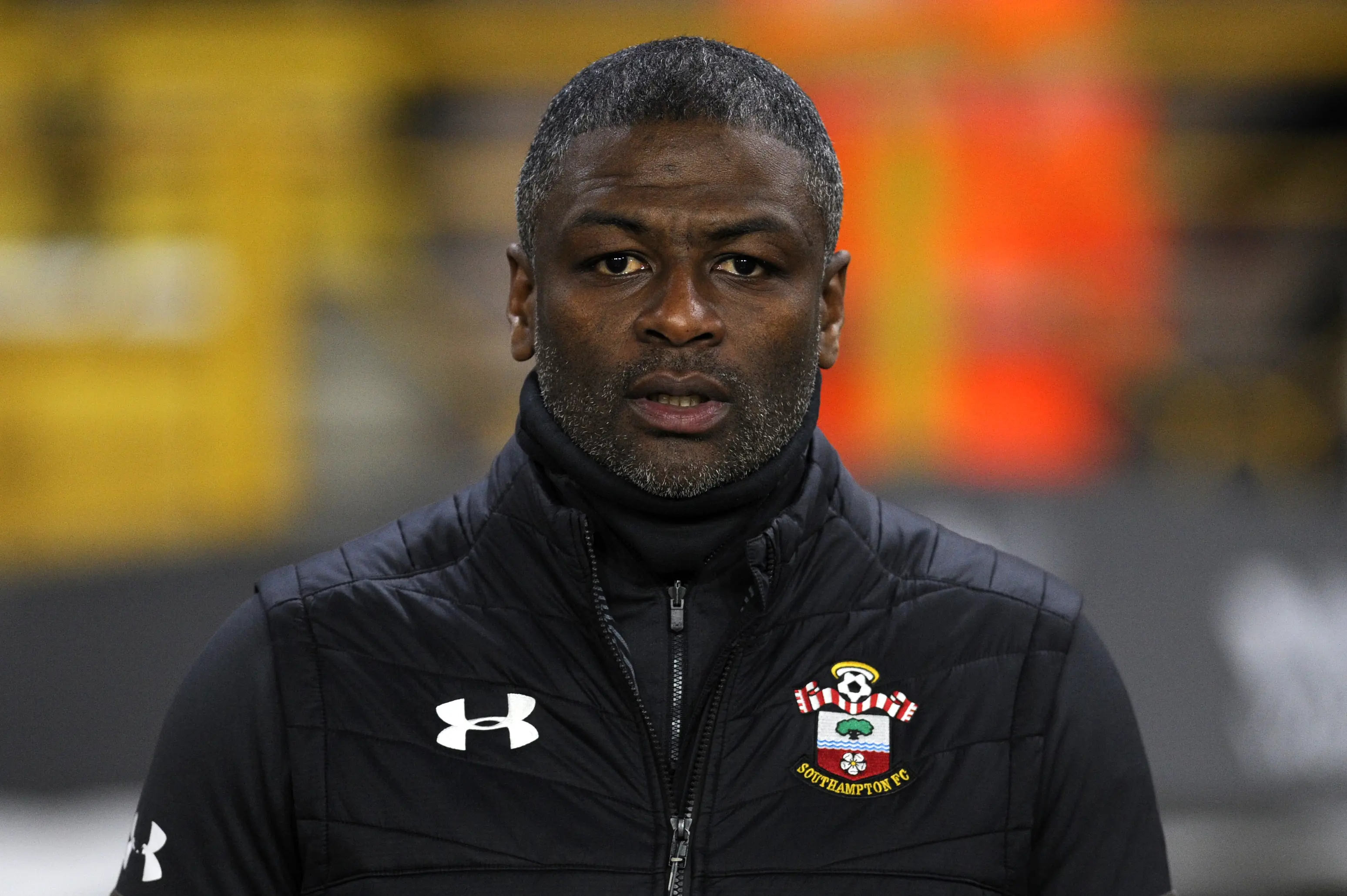
From his early days at Stade Gabèsien and Espérance de Tunis to becoming one of the first Tunisian players in the English Premier League, Radhi Jaïdi has been a respected figure in African football for more than two decades. His career represents the determination and professionalism that define the continent’s finest talents. As a player who proudly carried the Tunisian and African flag on the global stage, Jaïdi’s journey remains an important example of how discipline, resilience, and belief can open doors for future generations.
A champion of the TotalEnergies CAF Africa Cup of Nations 2004 and a two-time FIFA World Cup participant, Jaïdi has continued to serve the game through coaching, youth development, and football analysis. In this interview, he reflects on his playing career, his experiences across continents, and his commitment to helping African football progress both on and off the field.
Radhi, you are regarded as one of the pioneers of Tunisian and African footballers in Europe. Looking back, how significant was your journey from Espérance de Tunis to the Premier League in shaping your identity as a professional and as an ambassador for African football?
My journey from Stade Gabèsien to Espérance, and then from Espérance to the Premier League, was transformational. It shaped me not only as a professional footballer but also as an ambassador for African football.
Leaving Tunisia to play at the highest level in England meant carrying the identity of my country and continent with pride. Espérance taught me resilience, discipline, and adaptability, and it opened doors for many other Tunisian players.
It also instilled a responsibility to represent Africa with dignity, hard work, and belief.
You’ve represented Tunisia at two FIFA World Cups and won the TotalEnergies CAF Africa Cup of Nations 2004. What moments stand out the most when you reflect on your international career?
Wearing the national team shirt was always an honour for me. Playing in two World Cups and especially winning the 2004 Africa Cup of Nations are unforgettable chapters in my career.
Lifting the trophy on home soil in Tunisia is the most powerful memory—not just because of the win, but because of the unity it created among Tunisians. Even today, people stop me to celebrate and congratulate me for that achievement.
Walking onto the pitch at the World Cup, listening to the national anthem, knowing I represented millions of people—that feeling stays with me forever.
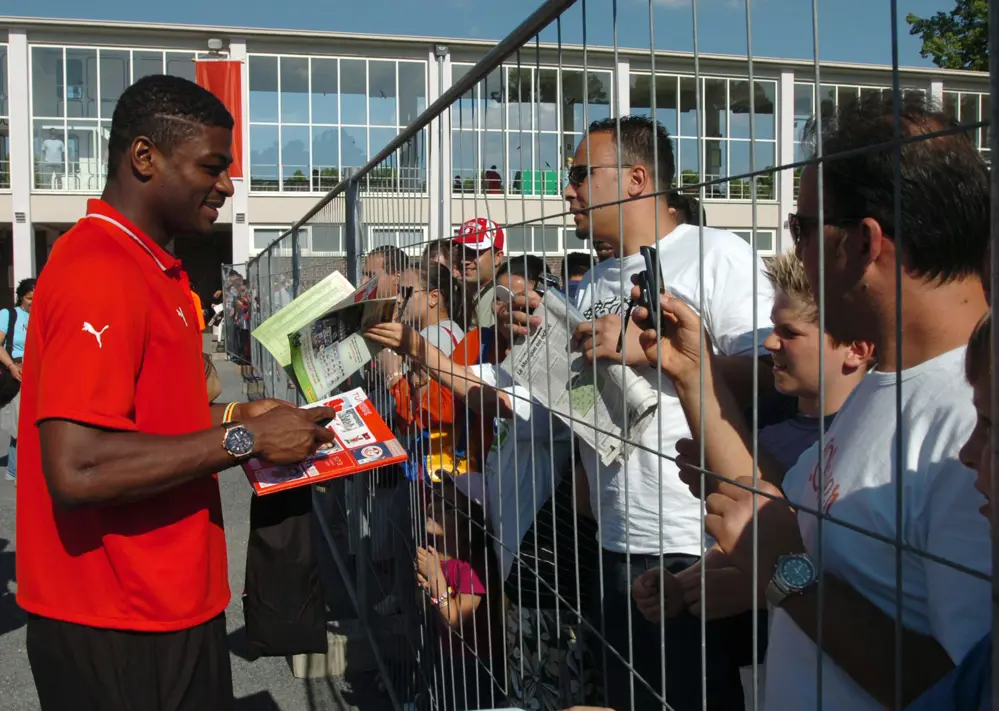
African football has evolved tremendously since your playing days. From your perspective, what are the biggest improvements you’ve seen, and where does the continent still need to progress?
African football has improved significantly. We saw it at the recent World Cup - African players now compete in top leagues, and African coaches are gaining respect in global tournaments.
However, there is still progress to be made in government support, long-term planning, youth development, and creating professional environments. The potential is enormous, and with the right structures, Africa can compete at the highest level.
As someone who’s played in both African and European leagues, what differences did you observe in football culture, player development, and professionalism? How can African clubs close that gap?
In Europe, football culture and professionalism are very strong. In Africa, the passion is just as strong, perhaps even stronger, but it must be translated into organization.
The gap can be closed by creating sustainable club models, structured development programs, and valuing player development—especially in big clubs with a winning mentality. When we align identity with professional structure, African football will flourish.
You’ve transitioned from player to coach, and now to a respected voice in football commentary. How did that evolution happen, and what inspired you to move into the media space?
My evolution from player to coach to media happened naturally. Football has always been my life and passion.
Completing a leadership and management course opened my mind and allowed me to experience football from different angles.
Moving into media was an opportunity to connect with fans, share my experiences, and analyse the game from another perspective. Coaching and commentary share similarities—they both require research, attention to detail, and strategic thinking.
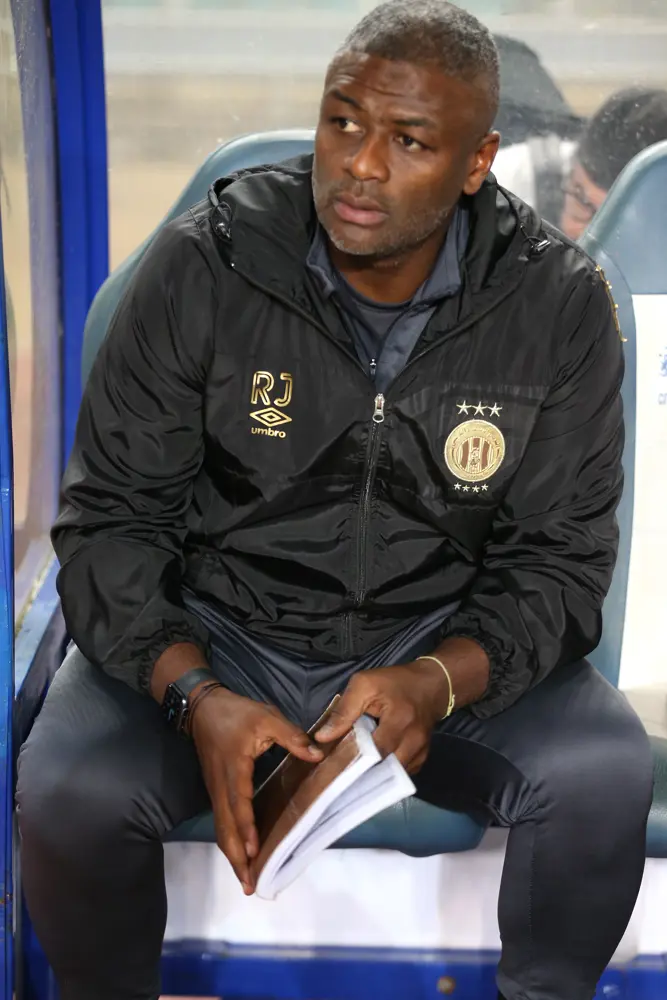
Commentary and analysis require a different skill set from playing or coaching. How do you prepare for matches, and how do you approach the responsibility of representing African football on global platforms?
Commentary requires preparation, clarity, and responsibility. Details are crucial—they help players understand the game and help fans engage with it. I prepare by studying teams, tactics, and the stories behind players and coaches.
I always remind myself that I represent African football. It’s important to be honest, insightful, and show that our football culture is rich, intelligent, and modern.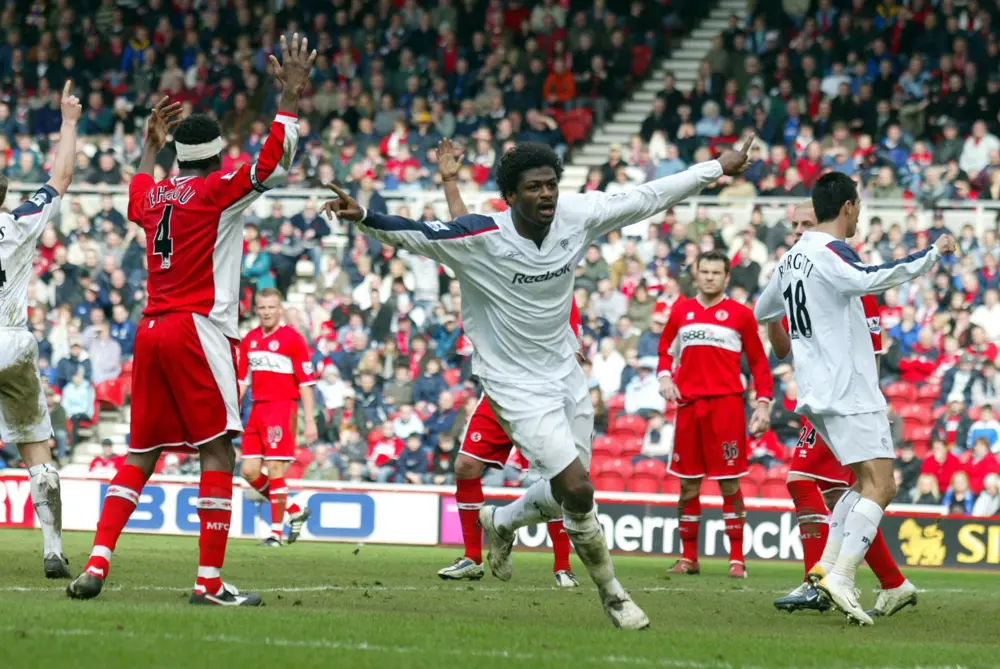
You spent several years developing young players at Southampton’s academy. What lessons from that experience can African academies apply to improve player pathways from youth to elite levels?
Working with young players at Southampton taught me the value of structure and development plans. After retiring in 2012, I had the opportunity to work with world-class experts, sports scientists, and psychologists.
African academies can benefit from structured player pathways and strong relationships between clubs and federations to develop talent effectively.
Leadership has always defined your career. How do you see the role of former African players in shaping the next generation of football leaders and coaches on the continent?
Former African players have a huge role in shaping the future. Each legend I would sayj carries the responsibility to give back—through coaching, administration, mentoring, media, or other football-related areas.
Leadership is not only about titles; it’s about influence, vision, and leading by example. We must create leaders who understand the modern game and can identify solutions for African football.
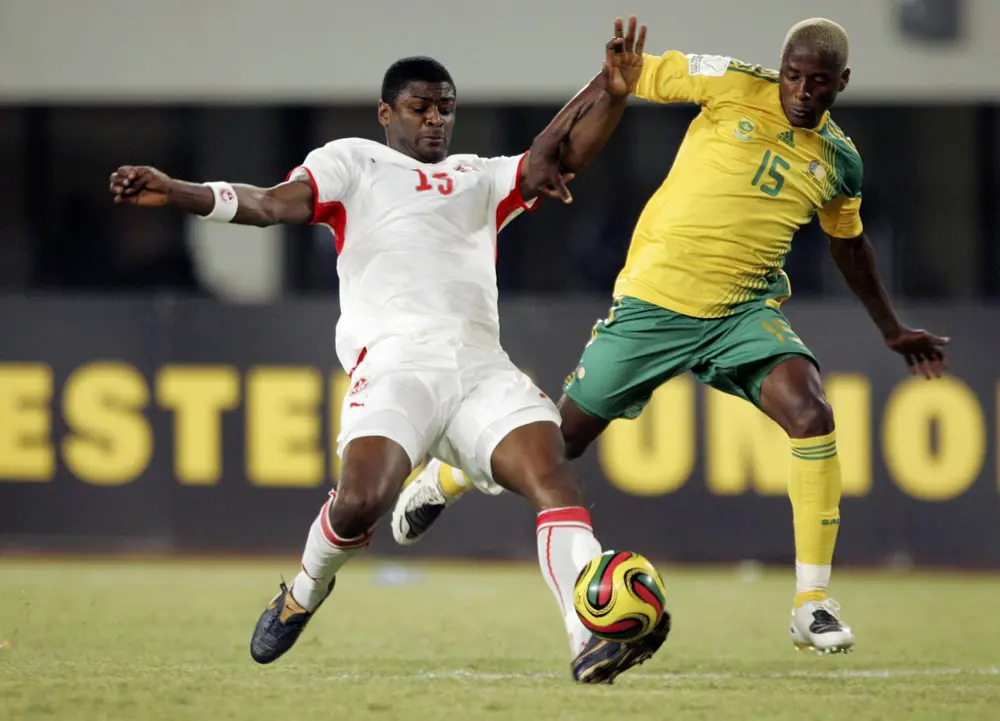
The FIFA World Cup 2026 will feature more African nations than ever before. What excites you most about this expanded representation, and what do African teams need to focus on to succeed globally?
Expanded representation is incredibly exciting for Africa. It gives our continent the chance to challenge ourselves and showcase our football on a global stage.
To succeed, African teams must focus on preparation. Tactical discipline and mental strength are essential to compete with the top nations.
Having managed and worked in different football environments—Tunisia, England, the United States, Belgium—what have you learned about adaptability, and what can African coaches take from that experience?
I’ve learned that adaptability, resilience, and understanding are crucial. Each environment has its own culture, pace, and expectations. Fans behave differently, and you must learn the local culture—a lesson only experience can teach.
African coaches can benefit from being open-minded, continuously learning, and staying true to their identity. Understanding the human side of each individual is also vital for growth.
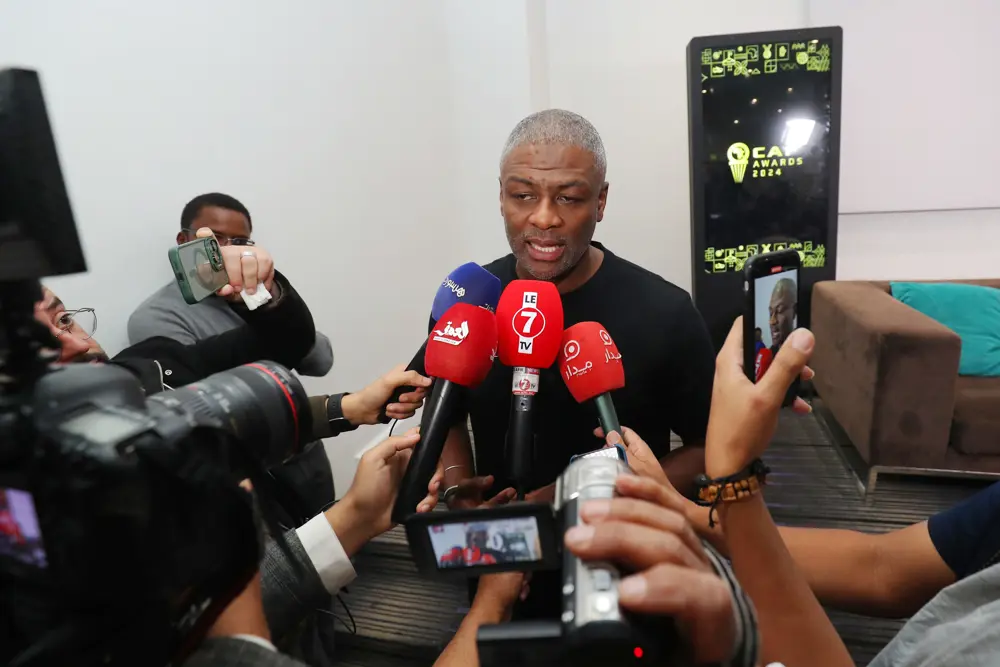
Tunisian football has produced many talented generations. What is needed for Tunisia to make a deeper impact on the world stage in the coming years?
Tunisia consistently produces talented players, but to compete globally, we need continuity. Challenges include infrastructure, youth development, and stability.
Investing in local coaches and national team projects will help bridge the gap with top nations. The potential is there, but it must be supported with short- and long-term strategies for growth.
Finally, on a personal note, what legacy do you hope to leave—as a player who inspired many and as a mentor contributing to African football’s growth?
I hope my legacy is one of inspiration and meaningful contribution. As a player, I aim to open doors and show what is possible for Africans, especially Tunisians, on the global stage.
As a mentor and coach, my mission is to give back. I strive to be a positive example for the next generation, inspiring them to reach the next level and believe in their potential. Beyond trophies, the real legacy is the impact you leave on people and the pathways you create for future generations.